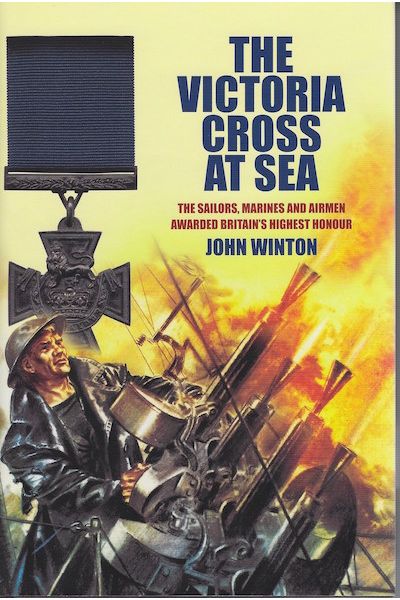The Sailors, Marines and Naval Airmen awarded Britain’s Highest Honour.
Naval VCs have been won in places as far apart in time and distance as the Baltic in 1854 and Japan in 1945, in the trenches from the Crimea to the Western Front, in harbours from Dar es Salaam to Zeebrugge, from the Barents to the Java Sea, from New Zealand to the North Atlantic, and from China to the Channel.
They have been won in battleships and trawlers, in submarines below the water and aircraft above it, on horseback and on foot. Age and rank meant nothing. Boy Cornwall was not seventeen at Jutland, and Frederick Parslow was in his sixtieth year when he earned his VC on board a horse transport ship. William Hall was the son of a freed slave; Charles Lucas, awarded the Royal Navy s first VC, became a Rear Admiral.
Neither were all the recipients of Britain s highest gallantry decoration British, and men from Canada, Australia and New Zealand were included in those whose actions were recognised by the awarding of the VC. Yet every one of them had one thing in common - uncommon valour.




